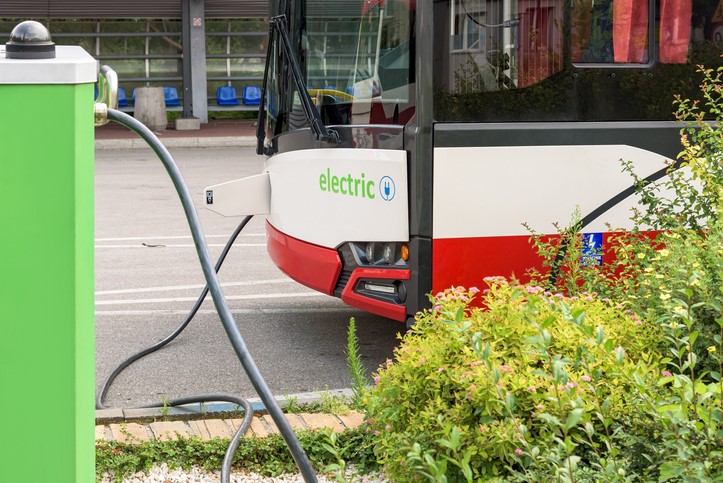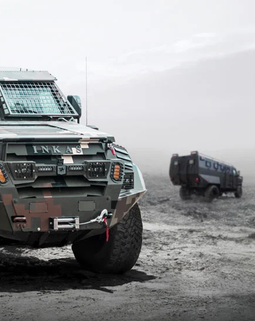As the global movement toward sustainable transportation gains momentum, Burundi is exploring innovative solutions to reduce its carbon footprint. One of the most promising initiatives is the introduction of electric three-wheelers, a practical and eco-friendly alternative to traditional vehicles. These electric vehicles (EVs) are poised to revolutionize public transit in the country by offering a zero-emissions option that is both efficient and accessible.
The Rise of Electric Three-Wheelers
Electric three-wheelers, also known as e-rickshaws, are becoming increasingly popular in many developing countries due to their affordability, low operational costs, and environmental benefits. In Burundi, where public transportation options are limited and often reliant on fossil fuels, e-rickshaws present a compelling solution. These vehicles are powered by rechargeable batteries, which eliminate the need for gasoline and significantly reduce greenhouse gas emissions.
Environmental Impact and Sustainability
The environmental impact of introducing electric three-wheelers in Burundi cannot be overstated. Traditional vehicles, particularly those that rely on diesel and gasoline, are major contributors to air pollution and carbon emissions. By transitioning to electric three-wheelers, Burundi can make substantial progress toward its climate goals. These vehicles produce zero tailpipe emissions, which helps improve air quality, especially in densely populated urban areas.
Moreover, e-rickshaws have a smaller carbon footprint over their lifecycle compared to internal combustion engine vehicles. From manufacturing to disposal, the overall environmental impact of electric three-wheelers is considerably lower. This shift aligns with global efforts to combat climate change and promotes sustainable development in Burundi.
Economic and Social Benefits
In addition to environmental advantages, electric three-wheelers offer significant economic and social benefits. The lower operating costs of e-rickshaws—due to the absence of fuel expenses and minimal maintenance requirements—can result in more affordable transportation for the general public. This is particularly important in Burundi, where many people rely on public transit for their daily commutes.
Furthermore, the introduction of electric three-wheelers can create new economic opportunities. The demand for e-rickshaws will likely lead to the growth of related industries, such as battery production, vehicle assembly, and charging infrastructure. These developments could generate jobs and contribute to the local economy, fostering a more sustainable and resilient transportation sector.
Challenges and Implementation Strategies
While the potential of electric three-wheelers is immense, there are challenges to their widespread adoption in Burundi. One of the primary obstacles is the lack of charging infrastructure. For e-rickshaws to be viable on a large scale, Burundi must invest in a network of charging stations that are easily accessible to drivers. This requires collaboration between the government, private sector, and international partners.
Another challenge is the initial cost of e-rickshaws, which may be prohibitive for some drivers and fleet operators. To overcome this, the government could consider offering subsidies or incentives to make these vehicles more affordable. Additionally, financing options such as microloans could help individuals and small businesses acquire e-rickshaws, promoting wider adoption.
The Road Ahead
The introduction of electric three-wheelers in Burundi represents a significant step toward achieving zero-emissions transit in the country. By addressing the challenges and implementing supportive policies, Burundi can position itself as a leader in sustainable transportation in the region. The successful adoption of e-rickshaws would not only improve environmental outcomes but also enhance the quality of life for its citizens by providing cleaner, more affordable transportation options.
Conclusion
Electric three-wheelers offer a viable and sustainable solution for reducing emissions in Burundi's transportation sector. With the right strategies and investments, these vehicles can play a crucial role in driving the country toward a greener future. As Burundi continues to explore innovative transit solutions, electric three-wheelers stand out as a promising avenue for achieving zero-emissions mobility.




